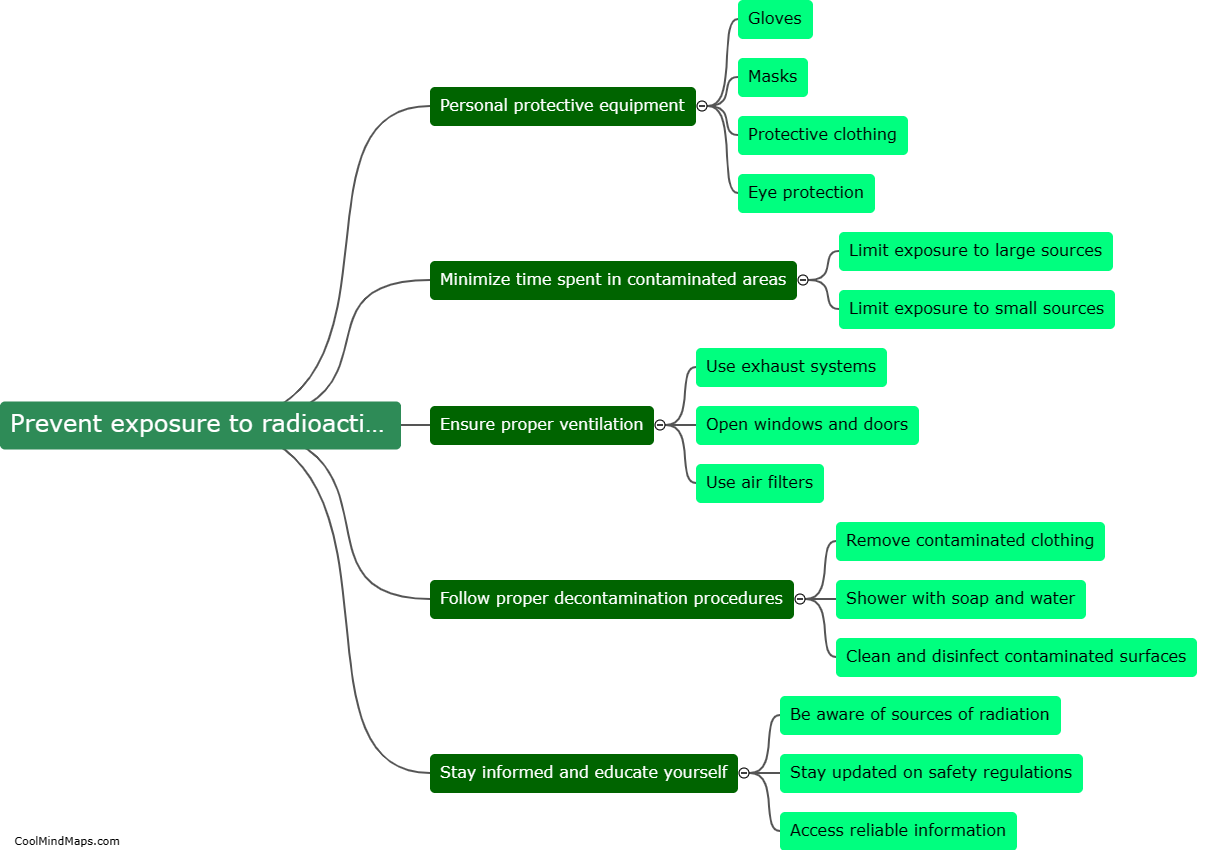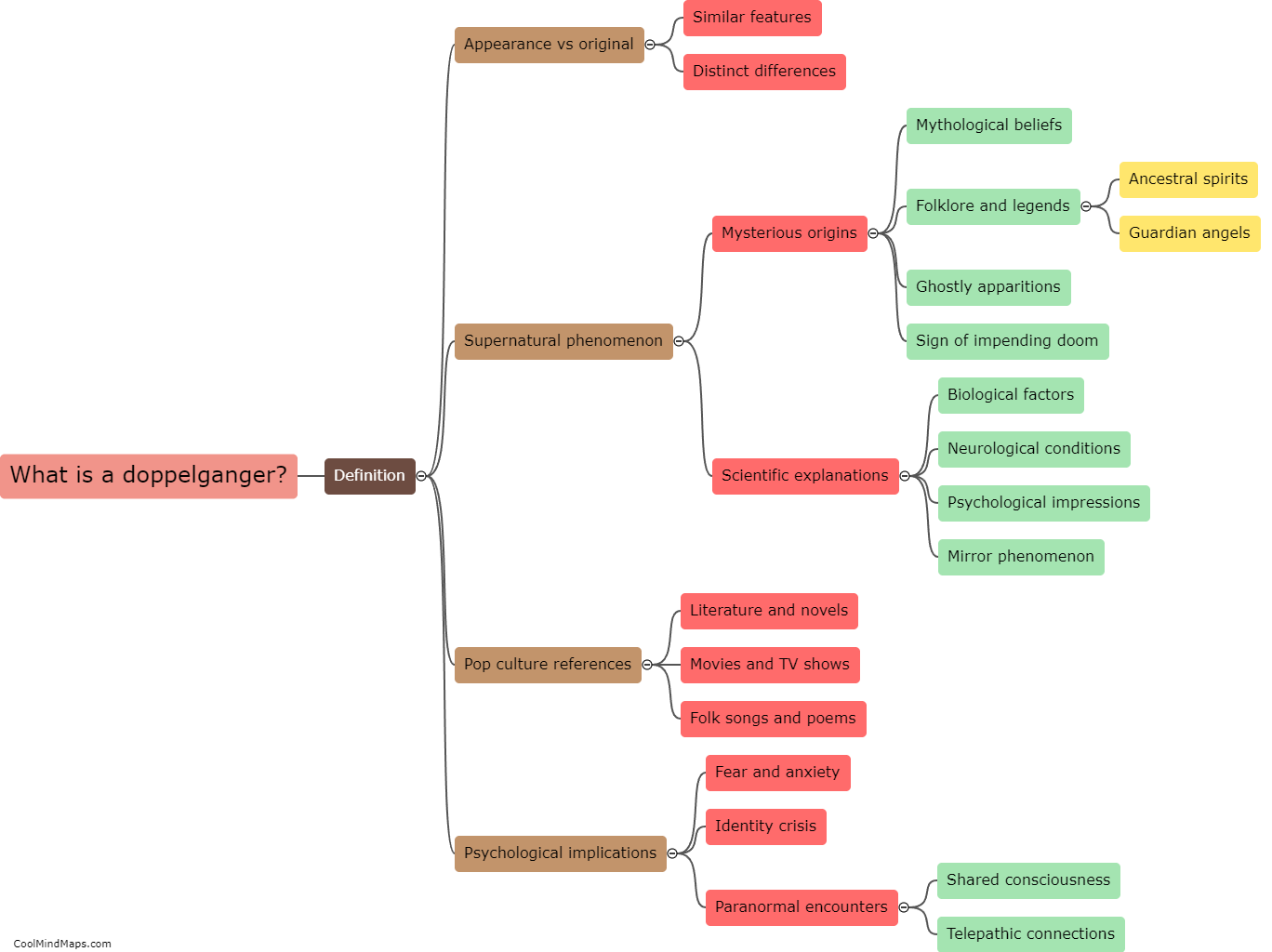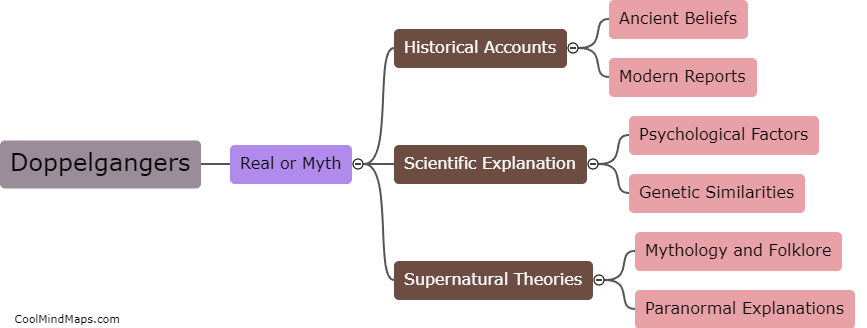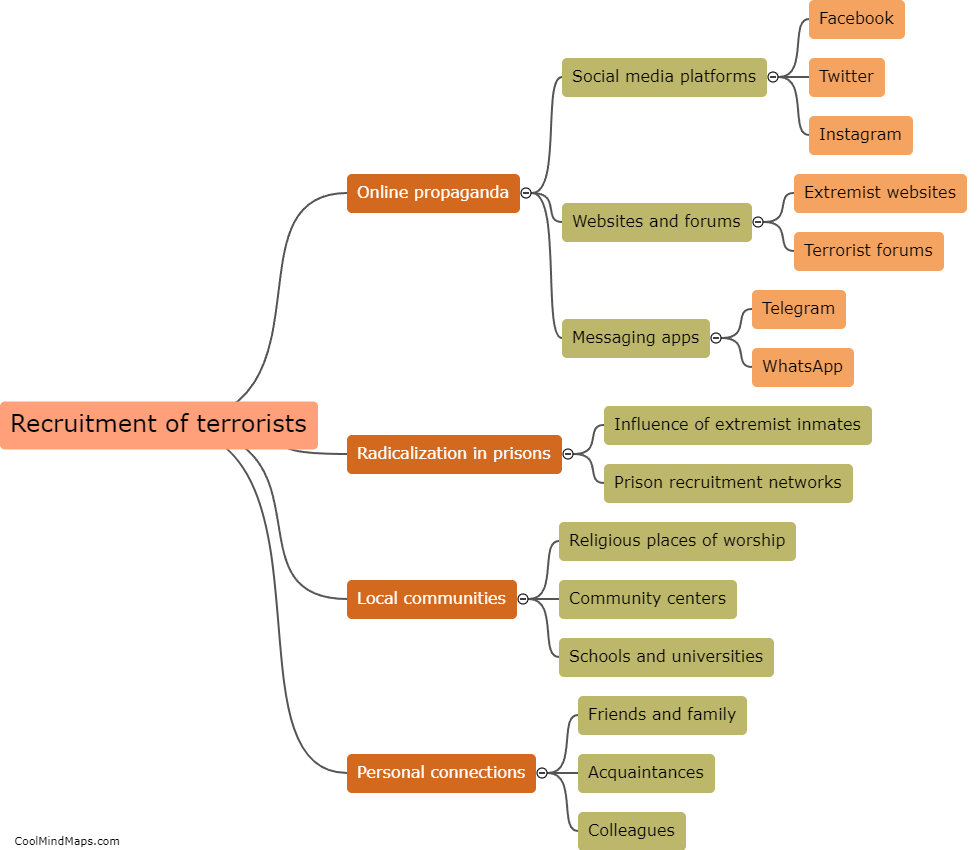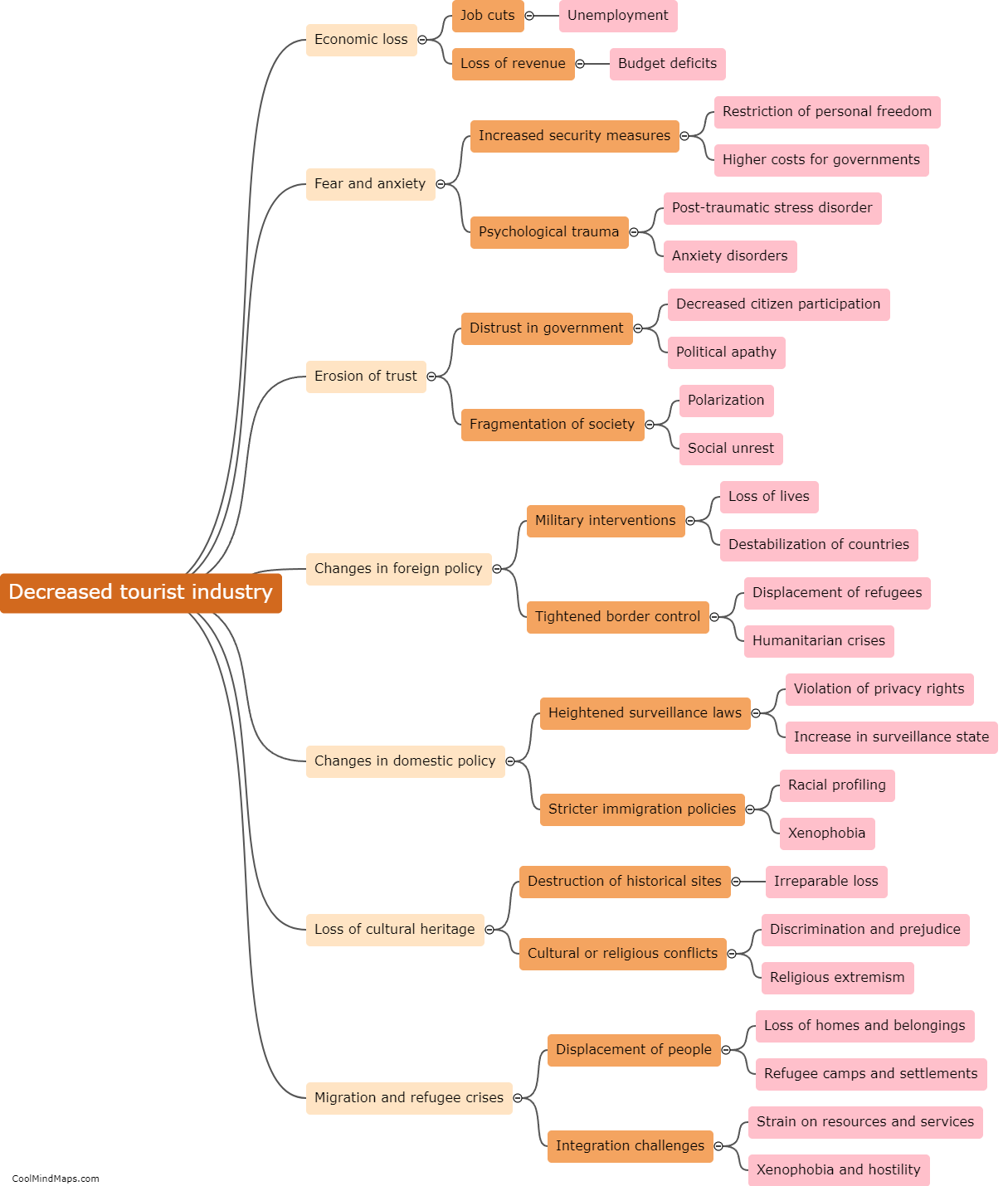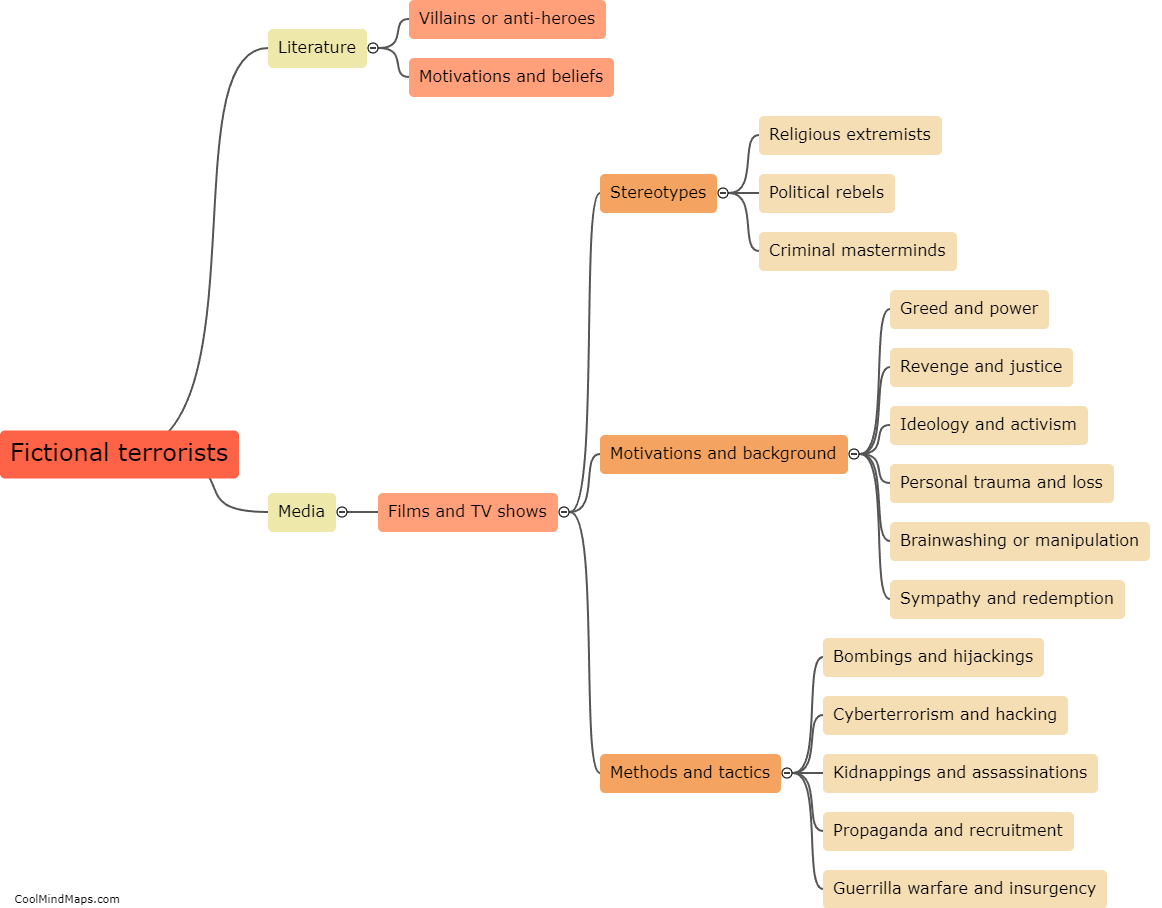How does terrorism affect global politics?
Terrorism fundamentally alters the dynamics of global politics, impacting both internal and international affairs. The frequent occurrence of terrorist attacks creates fear and instability, forcing governments to strengthen security measures, expand surveillance systems, and enact legislation to combat the threat. As a consequence, civil liberties may be curtailed, leading to reduced individual freedoms and erosion of democratic values. Additionally, terrorism profoundly influences foreign policy decisions, as states engage in international collaborations to counter terrorist organizations. Furthermore, the heightened security climate affects international relations, potentially straining diplomatic ties and leading to increased mistrust among nations. The global fight against terrorism requires multilateral cooperation, intelligence sharing, and diplomatic efforts to address the complex root causes of terrorism and find sustainable solutions.
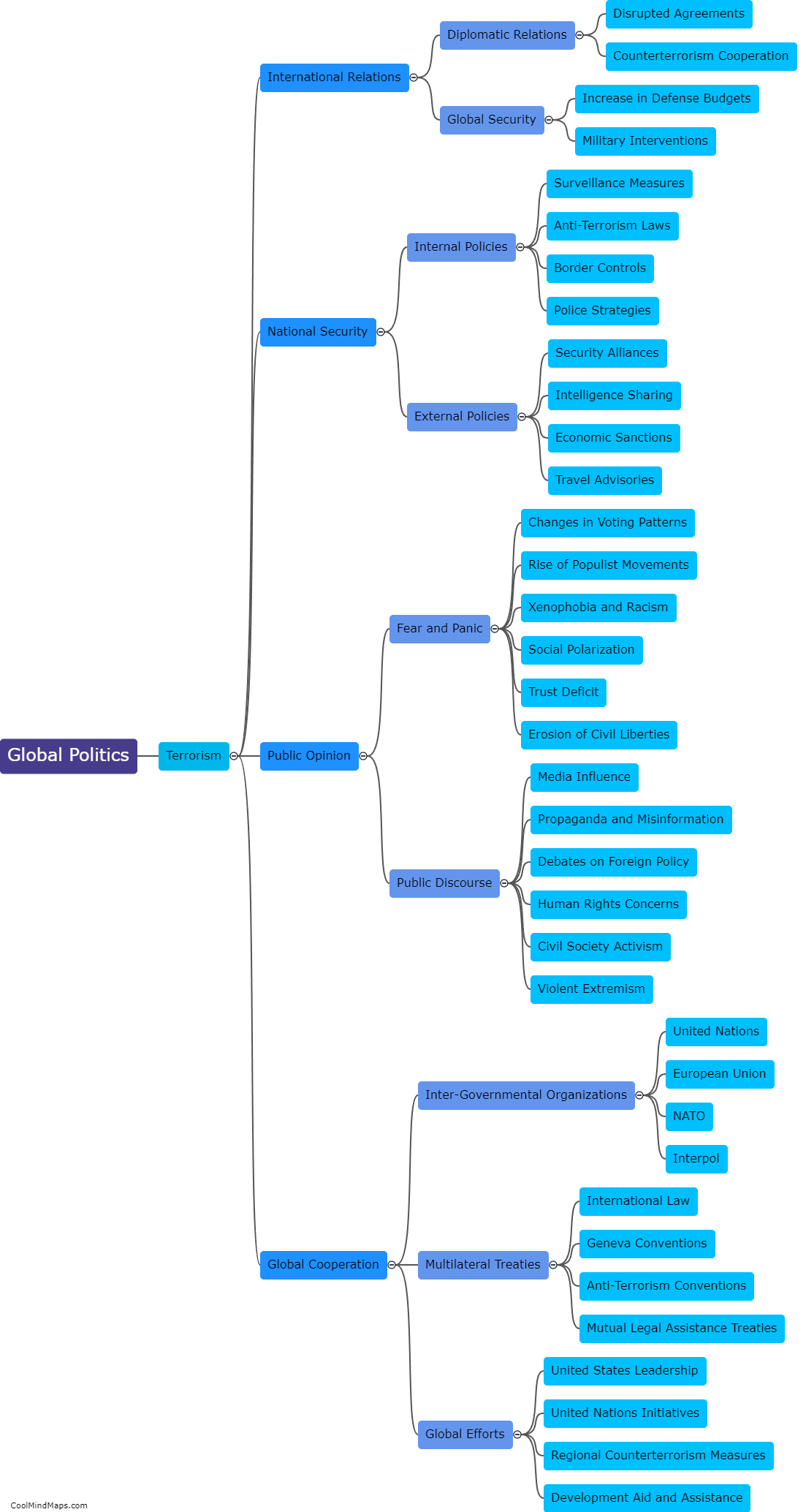
This mind map was published on 19 December 2023 and has been viewed 99 times.




